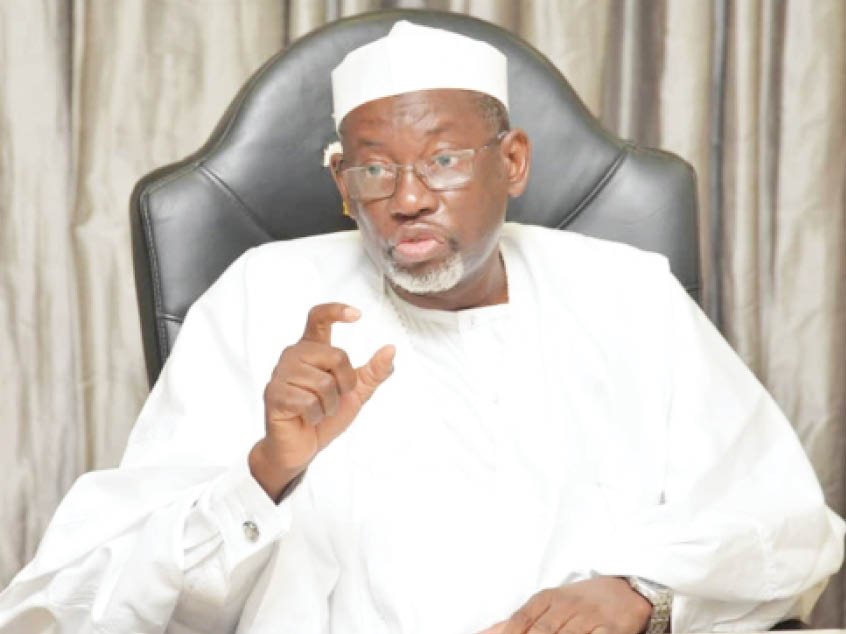Why Jigawa tops in wheat, sesame, gum arabic production – Gov Namadi
Jigawa State governor, Umar Namadi, has highlighted the factors contributing to the state’s leading position in the production of wheat, sesame, hibiscus and gum arabic in Nigeria. The governor also revealed an ambitious plan to meet 50% of the country’s rice demand shortly. During an interview with Daily Trust on Tuesday, Governor Namadi attributed Jigawa’s […]

Umar Namadi
Jigawa State governor, Umar Namadi, has highlighted the factors contributing to the state’s leading position in the production of wheat, sesame, hibiscus and gum arabic in Nigeria.
The governor also revealed an ambitious plan to meet 50% of the country’s rice demand shortly.
During an interview with Daily Trust on Tuesday, Governor Namadi attributed Jigawa’s agricultural success to the state’s strategic focus on farming, with around 90% of its population relying on agriculture.
“As of today, we are number one in wheat, hibiscus, sesame and gum arabic. We are still contesting our position as the second in rice, but time will tell,” Namadi said.
- NEMA confirms 4 dead, 19 rescued in Sokoto boat accident
- NNPCL, FIRS, 13 others frustrating N/Assembly, Tinubu’s govt – Senate panel
The governor explained that Jigawa’s dominance in wheat production was demonstrated during the African Development Bank’s wheat production initiative in Nigeria where out of the 120,000 hectares allocated to Nigeria, Jigawa received 40,000 hectares but exceeded expectations by cultivating 55,000 hectares.
“This shows how we have prioritised agriculture, and our farmers are very happy with the results,” Namadi noted, adding that the state’s target for the next planting season is to expand wheat cultivation to 100,000 hectares.
In terms of rice production, Governor Namadi said the state is also making significant strides, explaining that during the last dry season, the state cultivated approximately 200,000 hectares of rice, yielding around 800,000 metric tons.
He added that there are plans to replicate or exceed this during the rainy season, which will ensure that Jigawa produces 1.6 million tons of rice, representing 25% to 27% of Nigeria’s rice requirements.
Governor Namadi further outlined plans to boost rice production by rehabilitating 10 abandoned dams, which would add 4,000 hectares of irrigable land. He said the state is working to develop 18,000 hectares in Hadejia, with President Bola Ahmed Tinubu already showing interest in assisting with the development of an additional 6,000 hectares.
The governor also highlighted ongoing efforts to expand irrigation facilities in the state, particularly in upland areas like Maigatari and Birniwa, where borehole-based irrigation schemes are being tested.
If successful, these schemes could be expanded to other parts of the state, significantly increasing the amount of land under cultivation and moving Jigawa closer to its goal of meeting half of Nigeria’s rice needs, he added.
However, the governor also acknowledged the challenges posed by frequent flooding in the state. Namadi reported that continuous rainfall has affected about five local governments, causing casualties and damaging several mud houses. “For now, we don’t have issues that affect farmlands and farming, but we are praying and hoping that the situation does not worsen,” he said.
On the recent Supreme Court judgment granting financial autonomy to local governments, Governor Namadi expressed concerns about the potential impact on their ability to pay salaries.
He clarified that Jigawa’s joint account system is merely a holding account, primarily used to ensure salaries are paid by the local government areas. “The only problem that will arise if the joint account is removed is that some local governments may not be able to pay salaries,” Namadi warned.
